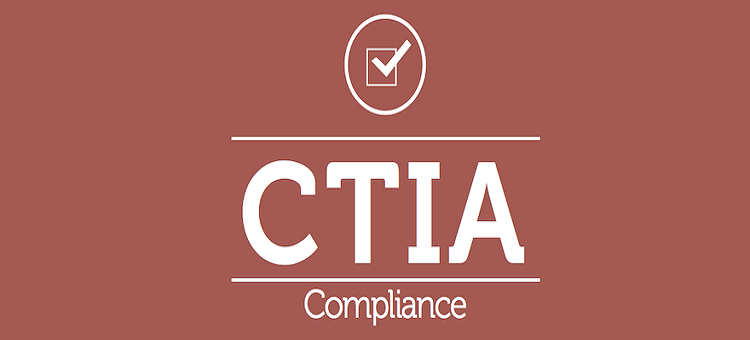What is the difference between TCPA and CTIA

Over the years, customer privacy has been a recurrent issue in the text message advertising sphere of the marketing world. To curb the incessant bombarding of the general public with unwanted text message adverts and generally unwanted information, the Congress passed an Act, the Telephone Consumer Protection Act, generally called the TCPA, to curb the excess text message marketing of wireless carriers and digital information marketers. This means that the TCPA constitutes an enforceable body of rules and regulations passed by the legislative arm of the Government known as the Congress to protect Telephone Consumers from unnecessary, malicious and unwanted text messages from wireless operators.
The main thing the TCPA is actually after is the receiver’s consent. The TCPA seeks to protect customers from receiving messages about brands without their express consent. To ensure that wireless companies and brands abide by the TCPA’s rules, stiff penalties have been put in place to punish violators and ensure compliance. If a customer receives a single message from a particular wireless company without his consent, the customer is entitled to statutory damages of between $500 to $1500 per message received. If these messages have been sent repeatedly by the operator to millions of customers, they may have to face lawsuits which may cost them up to billions of dollars, just because they didn’t receive the express consent of the consumers before sending the messages.
According to the TCPA’s rules, before a marketing-related text message can be sent to a particular receiver, prior express written consent must have been granted by the receiver before such a message is sent. For informational SMS on the other hand, that is, text messages that do not actually market or advertise a particular product or brand but just give general information about a service, prior express consent which doesn’t necessarily have to be in written form must have been granted by the receiver to the sender of the text message. Apart from the crippling fines which the company would be liable to if the TCPA regulations are violated, the short-code of the offending operator may be shut down for a particular period as a punishment for violating federal laws.
It is also important to note that not only can the aggrieved consumer sue a wireless company for the violation of TCPA regulations while sending text message adverts, but a couple of agencies may also step in to deal with an offender too. Such agencies include the Federal Trade Commission (FTC), the Federal Communications Commission (FCC) and the Office of the State’s Attorney General.
The CTIA, on the other hand, is a trade association run by the wireless companies such as AT&T, Sprint, Verizon, and T-Mobile, to mention a few. The CTIA, being the recognized association of the wireless companies, also plays a pivotal role in the regulation of text messages sent to their customers. Therefore, the CTIA produces guidelines which they recommend for their members and other stakeholders in text message marketing to follow when advertising through the text messaging service.
Most CTIA guidelines are usually in tandem with TCPA regulations, but in some cases, some additions may be involved. The consequence of the violation of CTIA guidelines by mobile operators is that their short codes would be subjected to an audit, which if failed could lead to a suspension of the company’s short code. However, a violation of the CTIA’s guidelines which is not a part of the TCPA’s regulations cannot lead to a court action against the offending wireless company. The suspension of the company’s short code by the CTIA is the maximum punishment an erring wireless operator can be subjected to in the case of a CTIA-guideline violation.
Now, a major question that is usually recurrently asked is: What is the difference in the roles played by the TCPA and the CTIA in the text message marketing world? The TCPA consists of a body of laws passed by the government seeking to protect the general public from unwanted text messages from wireless operators. The CTIA, on the other hand, is the body of wireless operators which stipulates required guidelines for its members (the wireless operators) to follow in the course of their business. The main difference between the TCPA and the CTIA is enforcement of stipulated laws. While a violation of the TCPA’s laws by a wireless operator can lead to court action and statutory damages to the tune of $500 to $1500 per unwanted message sent, all the CTIA can do is suspend the shortcode of a company that violates its principles. A violation of the CTIA guidelines cannot lead to court action, but the violation of a TCPA regulation can.
Another difference that is not so important is that while the TCPA is a set of regulations passed as an Act by the Congress which is the legislative arm of the United States Government, the CTIA is the trade.
(inspired by tatango.com)
